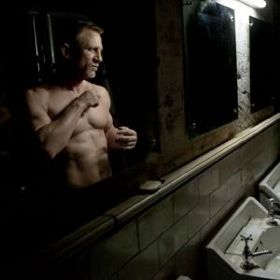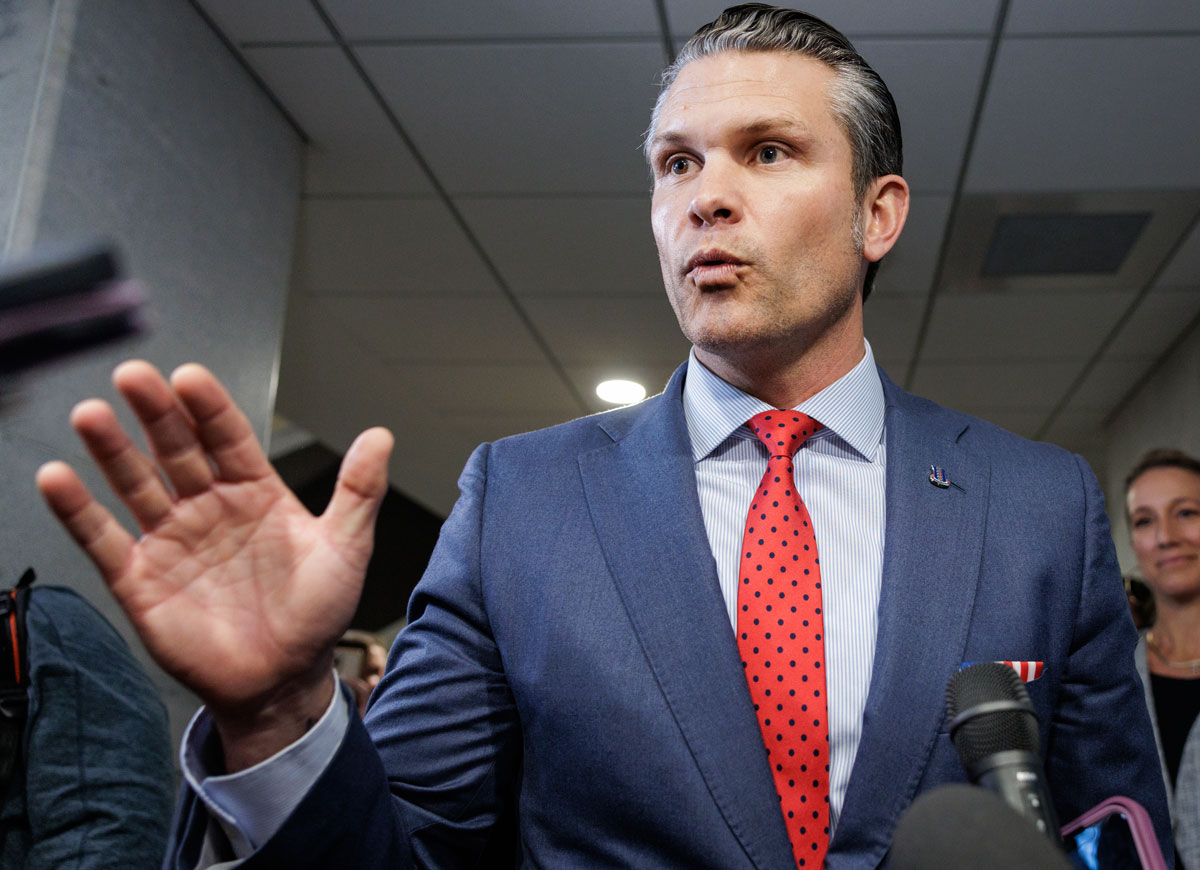'Skyfall' Dives Into Bond's Depths

4.5/5
There comes a time in every franchise when the whole shebang gets stale and predictable. Such was the danger of the Bond series. The last of Pierce Brosnan's films, albeit entertaining, threatened to fizzle into mindless superficiality. Daniel Craig, unique among all Bonds in both physique and demeanor, whether for better or for worse, has broken the mold — and in his latest sequel, Skyfall, he has added something that had been missing hitherto: depth.
So who is James Bond, anyway? In all of his reincarnations, he has been dapper, he has been fearless, he has been womanizing, he has been charming, he has been shrewd. In Skyfall, embodied by Craig, he is also something we may have never known in the character before: he is a man of flesh with a past, with melancholia, with darkness. We saw glimpses of these "shadows," as M (scene-stealer Judi Dench) terms it, in Casino Royale and Quantum of Solace, but it is in this third installment that Bond finally becomes human. He has fears, he has memories, he has moments of — gasp! — weakness. And it's fascinating to watch.
There is perhaps no better director than Sam Mendes (American Beauty, Revolutionary Road) to guide us in this exploration of James Bond the man, not the agent, with his dramatic penchant for delving into the unspoken sufferings beneath a seemingly impervious surface. Mendes still provides plenty of action, mind you. A motorcycle race on the roofs of Istanbul, a perilous pursuit atop a train, and a suspenseful chase in the underbelly of London's Tube provide numerous adrenaline rushes. But it's those other scenes when Bond recovers from a near-death experience and, later, returns to his Scottish home, that innovate and stay in our minds. They also introduce a theme that is essential to the making of Bond and perhaps always implied, but never explored, in the other films: resurrection.
We find this theme too in Skyfall's side characters: Javier Bardem as the eccentric Silva, positively the best Bond villain we've ever seen, and Berenice Marlohe as the beautiful and troubled Severine, Skyfall's designated Bond girl. In these figures we see parallels of Bond; characters that have risen from the ashes of their own near-deaths, resurrected against all odds. In these figures we also see what stands Bond apart from the rest. He is perpetually reborn as something greater — teetering, yes, on the verge of the abyss at times, but ultimately enduring — whereas his villain and his lady, fragmented and corrupted by forces they cannot control, necessarily perish because they cannot rise above their fear and drive for revenge.
Skyfall reminds us both why we love James Bond, and why we were tempted to forget him in his most recent renditions. It recovers elements of the original formula — the sexy daredevil who readjusts his cuff links after crashing through a train wagon, and whose dry humor is as much a part of his armor as his gadgetry and creative thinking — and discards others to favor a less comical, less absurdly decadent version of a timeless hero who is hardened but no longer unbreakable; who is stronger in his embrace of his tragic flaws, of his disguised vulnerabilities. On the surface, Skyfall, like its theme song belted out by Adele, appears nostalgic for a classic Bond, replete with his most quintessential quirks; and while this remains true, we also realize that this Bond ideal never actually existed, so multidimensionally actualized, until now.
RELATED ARTICLES
Get the most-revealing celebrity conversations with the uInterview podcast!





Leave a comment